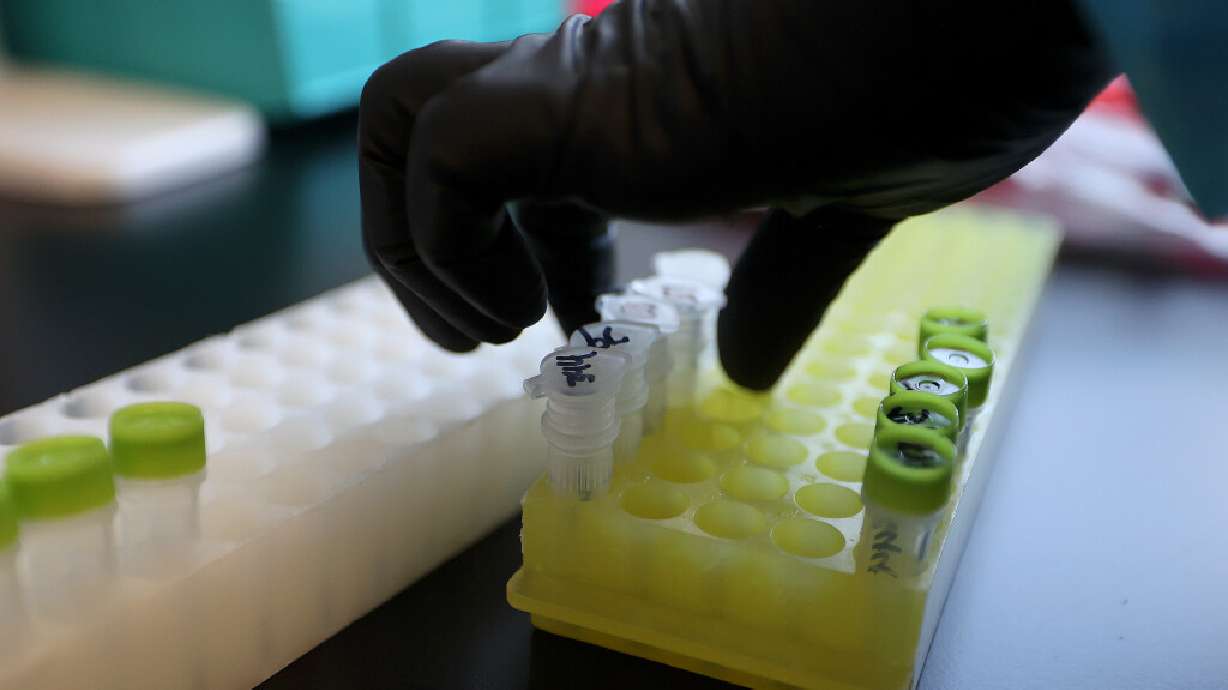Estimated read time: 2-3 minutes
This archived news story is available only for your personal, non-commercial use. Information in the story may be outdated or superseded by additional information. Reading or replaying the story in its archived form does not constitute a republication of the story.
SALT LAKE CITY — Monkeypox is impacting Latino and Pacific Islander Utahns at a disproportionate rate.
Although Latinos make up just 15% of the state's population, they make up 34% of cases. Likewise, Pacific Islanders, who are 1% of the population, make up 4% of cases. White individuals make up 77% of Utah but are only 50% of cases.
The Utah Department of Health and Human Services reported 142 cases of monkeypox as of Monday evening: 71 among white individuals, 48 among Hispanic individuals, and six among Pacific Islander individuals. The department did not release data for races that have had fewer than five cases due to privacy concerns.
"We continue to engage a variety of community partners to connect with people from different racial and ethnic groups," department spokeswoman Charla Haley said when asked what the department is doing to target the disparities.
Haley said the department is not participating in the Centers for Disease Control and Prevention's Monkeypox Vaccine Equity Pilot Program. The program is intended to help local, state and tribal governments reach underserved populations.
"The program only provides extra vaccine. We currently have sufficient vaccine," Haley said. "If the program provided additional resources, such as funding to host specific outreach programs, we would apply. We reached out to CDC about this, but congressional funding has not been allocated for this action."
The state health department reported that 3,745 individuals had received a monkeypox vaccine as of Monday afternoon. Unlike case counts, vaccinations have been more equitably spread out across race and ethnicity.
Utah's data mirrors national monkeypox trends, with Black and Hispanic individuals accounting for 54% of cases despite representing only one-third of the general population.
"The percentage of vaccines administered to Latino or Hispanic men and non-Hispanic Black men are disproportionately lower than we are seeing represented in cases," CDC Director Rochelle Walensky told Reuters last week.
It's not yet clear what factors are driving the disparities, but it's a similar pattern to the COVID-19 pandemic, which hit communities of color disproportionately.









